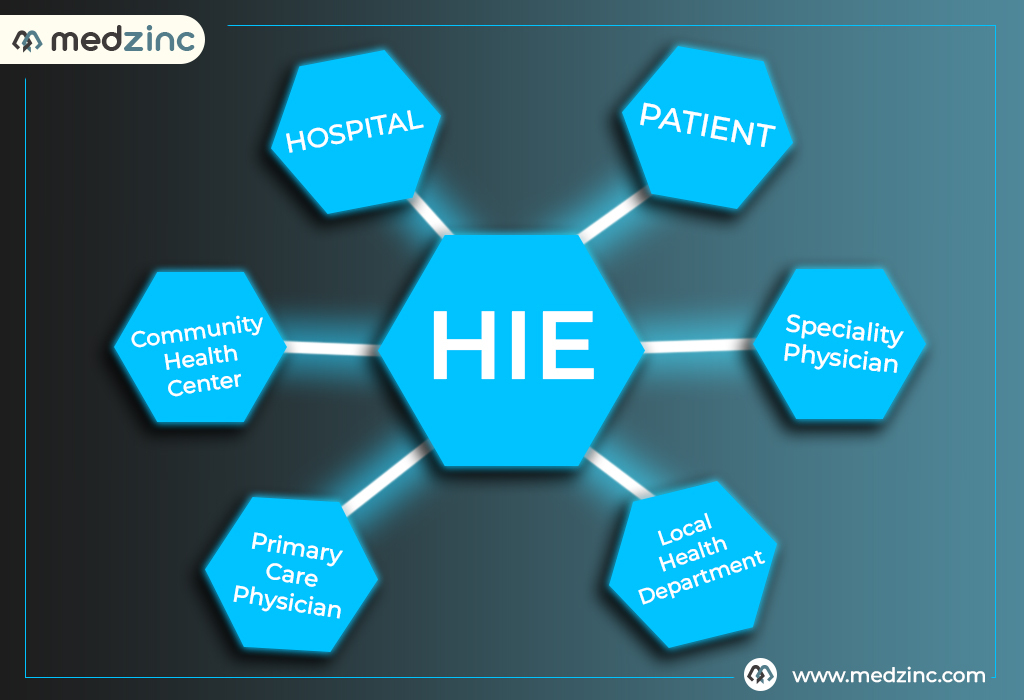
Health Information Exchange: A brief Summary
Health information exchange is the crucial component of health care reforms. It enables the sharing of clinical data between, patients and health care organizations. Health information improves communication between health care providers during a transition of care. It also increases the accuracy of patient data. Large hospitals and health care systems have been at the forefront of implementing HIE. It also provides several benefits to patients including improved health care services.Sharing of data in healthcare is tough due to the multiplicity of stakeholders.
Some of the most important stakeholders in HIE are the following:
-
- The treated patients or, in general, are the recipients of the health service
-
- The medical professionals who provide the medical care.
-
- The healthcare organizations as represented by their director boards who actually administer the health delivery from a business perspective.
- The insurance companies that provide health coverage/ insurance plans.
"Sushoo" Health Information Exchange reveals that the cost of patient data exchange is high. Healthcare organizations spent $17,160 for patient information exchange per year. Currently, healthcare organizations are providing platforms and improved function of HIE.
History Of Health Information Exchange
Before HIE the risk of medical errors increased due to the lack of understanding of the patient’s medical history. In awareness of this risk, there was a need for a system that augmented access to medical records across 5 healthcare providers. Thus, the HIE initiative plays a critical role in the modern healthcare environment. Apart from this, the HIE is also endeavored at achieving patient empowerment. The competitiveness of healthcare providers lies in the ability to meet patients in care provision. Taking this into account, it has become necessary to put in place strategies to achieve this aim. So, healthcare providers can achieve stakeholder collaboration. Health Information Exchange improves the quality of the patient care service. According to Akhlaq et al. (2017), effective information sharing with reduced the risk of medication and medical errors. Health information exchange systems provide a path for educating consumers on their care needs. There is an evident association between this initiative and the efficiency of care. Health information exchange is a component of a strategy for improving healthcare standards. Taking into account, the value of collaboration amongst various healthcare organizations is clear. If adopted in a balanced way that is, modeled on or aiming for a state in which everything is functional. The HIE system can immediately improve the quality of care provided to patients. Additionally, the patients will influence the choice of treatment approach. But, barriers in the healthcare environment obstruct the realization of these objectives.
Related Post
No results.